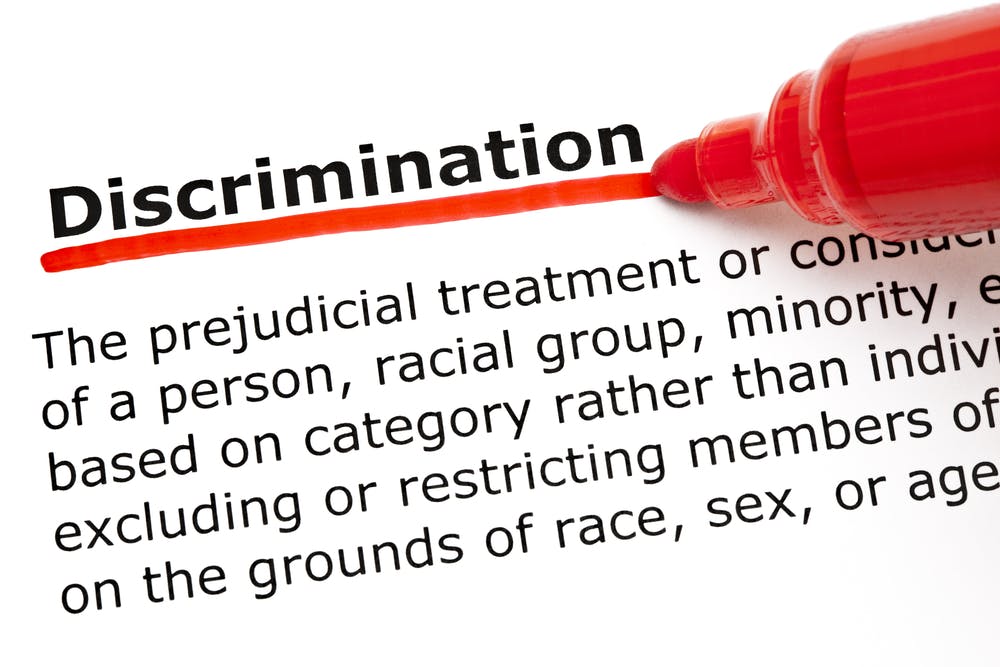By Eric B. Meyer
We all know that the Americans with Disabilities Act makes its unlawful for an employer to discriminate against an individual on the basis of his or her disability.
But, the Act has even broader protections for employees.
The ADA expressly prohibits “excluding or otherwise denying equal jobs or benefits to a qualified individual because of the known disability of an individual with whom the qualified individual is known to have a relationship or association.”
That’s one type of of associational discrimination, the most recent allegation of which came in a lawsuit the EEOC filed last week against a New Mexico medical facility.
The EEOC alleges that the defendant violated the ADA by firing an employee’s temporary job assignment and failing to hire her for a full-time permanent position as a medical assistant because her daughter has several disabilities. Sad stuff, if true.
What employers should know
A few other notes about discrimination by association:
- An employer may not terminate (or refuse to hire) an employee for unfounded assumptions about the need to care for a disabled person.
- The ADA does not preclude an employer from firing an employee who violates an attendance policy, if the reason for the absence is to care for a disabled loved-one. (Editor’s note: It may violate the Family and Medical Leave Act).
- While commonly associated with the ADA, the EEOC has a bevvy of other examples in the context of race/color cases, too. Discrimination by association protects those who associate with members of any other protected class.
Although not a litigation hotbed, it’s one on which companies should provide training as part of respect-in-the-workplace initiatives.
This was originally published on Eric B. Meyer’s blog, The Employer Handbook.
